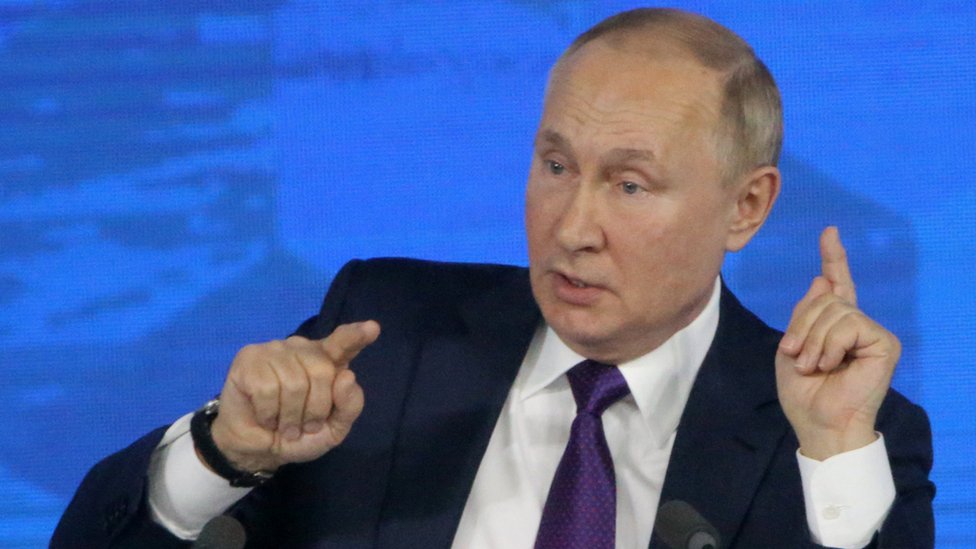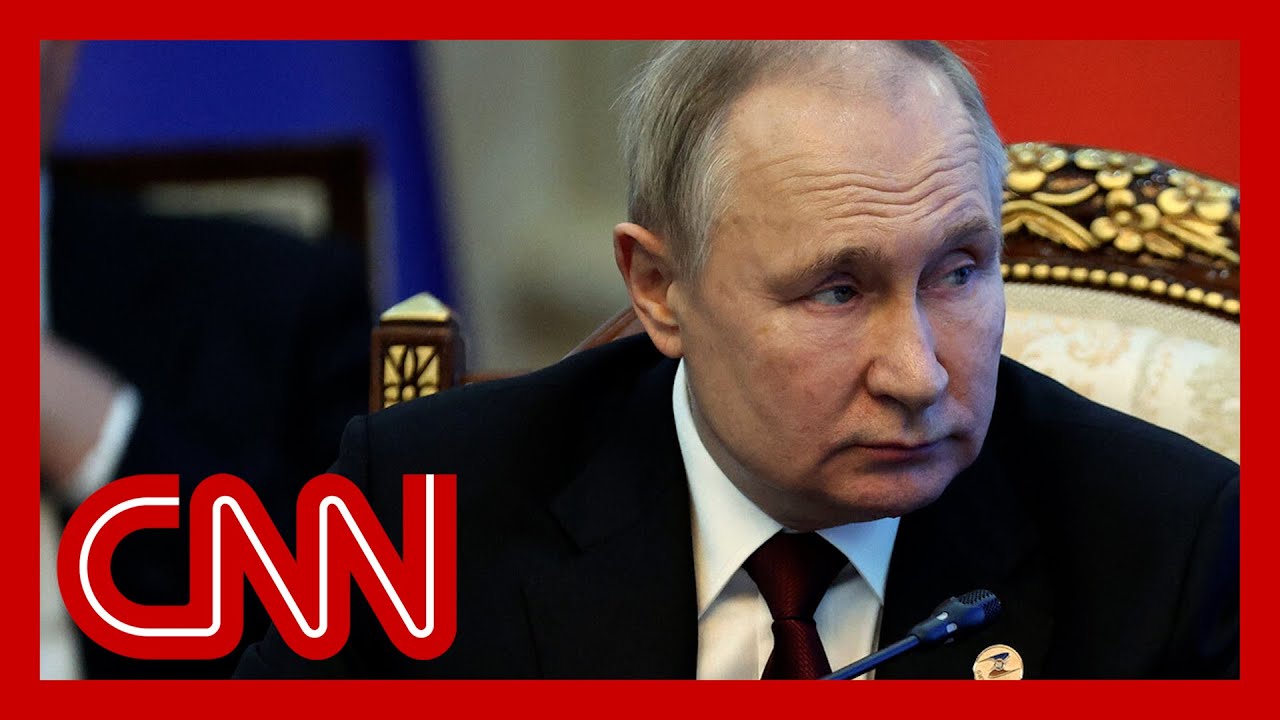Putin Scraps Trademark Year-end News Conference
Putin scraps trademark year-end news conference. No reason is given, but there is growing unease among Russians over President Putin's invasion of Ukraine.
Author:Dexter CookeReviewer:Hajra ShannonDec 13, 2022766 Shares109.4K Views

Putin scraps trademark year-end news conference. No reason is given, but there is growing unease among Russians over President Putin's invasion of Ukraine.
President Putin held last year's big year-end news conference on December 23. For the first time in ten years, Russian President Vladimir Putin will not hold his traditional big year-end news conference, according to the Kremlin.
However, spokesman Dmitry Peskov stated that "we hope the president will find an opportunity to talk" to the media. The cancellation was not explained, but it comes amid growing unease among Russians over Mr. Putin's decision to invade Ukraine.
Since then, Russian troops have suffered a string of humiliating defeats. In Ukraine, Putin's dream of victory is fading.
Putin Canceled His Annual Press Conference

Putin canceled his annual press conference. Hear ex-ambassador's theory why
On February 24, Putin launched an invasion of Ukraine, claiming that the goal was to "demilitarize" and "denazify" the country, citing NATO's refusal to guarantee that Ukraine would not be invited to join the alliance.
Ukraine and much of the rest of the world condemned Russia's attack on its neighbor as unprovoked aggression.
Putin and his officials hoped to annihilate Ukraine's military in a matter of days, but fierce Ukrainian resistance quickly derailed their plans.
In March, Russian troops withdrew from areas around Kyiv following a botched attempt to quickly capture the Ukrainian capital.
Mr. Putin went to great lengths to appear on national television as a leader who is directly involved with ordinary Russians, patiently answering a wide range of questions ranging from regional reporters about fixing poor roads in remote villages and publicly castigating local officials to the world of grand geopolitics.
However, a number of opposition Russian experts have said that in the absence of press freedom, such gatherings resembled staged shows, with pro-Kremlin reporters reduced to asking mostly flattering questions to the country's all-powerful ruler.
They claimed that the presence of a few independent journalists, who were not always given the opportunity to ask questions, did not change the overall picture.
Nonetheless, such gatherings were closely watched by politicians all over the world, who were attempting to gauge the direction the Kremlin leader wanted to take Russia.
The Kremlin also postponed President Putin's annual televised marathon phone call with members of the public in June, with no new date set. The constitution also requires the Kremlin leader to deliver an annual State of the Union speech to parliament by the end of the year. Mr. Peskov stated that this matter was being looked into.
Putin Spiked Another Annual Fixture
The Kremlin has muzzled any criticism of its actions in Ukraine from the liberal anti-war camp, shutting down critical media outlets and criminalizing the dissemination of any information contrary to the official line.
However, it has come under increasing fire from Russian hardliners, who have denounced the president as weak and indecisive and have called for increased strikes on Ukraine. Amid a string of military setbacks in Ukraine, Putin canceled another annual tradition, a televised call-in show in which he takes public questions to bolster his father-of-the-nation image.
Putin has also yet to deliver the televised state-of-the-nation address to parliament, which he is required to do by the country's constitution each year. Putin's speech has yet to be scheduled by the Kremlin.

Dexter Cooke
Author
Dexter Cooke is an economist, marketing strategist, and orthopedic surgeon with over 20 years of experience crafting compelling narratives that resonate worldwide.
He holds a Journalism degree from Columbia University, an Economics background from Yale University, and a medical degree with a postdoctoral fellowship in orthopedic medicine from the Medical University of South Carolina.
Dexter’s insights into media, economics, and marketing shine through his prolific contributions to respected publications and advisory roles for influential organizations.
As an orthopedic surgeon specializing in minimally invasive knee replacement surgery and laparoscopic procedures, Dexter prioritizes patient care above all.
Outside his professional pursuits, Dexter enjoys collecting vintage watches, studying ancient civilizations, learning about astronomy, and participating in charity runs.

Hajra Shannon
Reviewer
Hajra Shannona is a highly experienced journalist with over 9 years of expertise in news writing, investigative reporting, and political analysis.
She holds a Bachelor's degree in Journalism from Columbia University and has contributed to reputable publications focusing on global affairs, human rights, and environmental sustainability.
Hajra's authoritative voice and trustworthy reporting reflect her commitment to delivering insightful news content.
Beyond journalism, she enjoys exploring new cultures through travel and pursuing outdoor photography
Latest Articles
Popular Articles